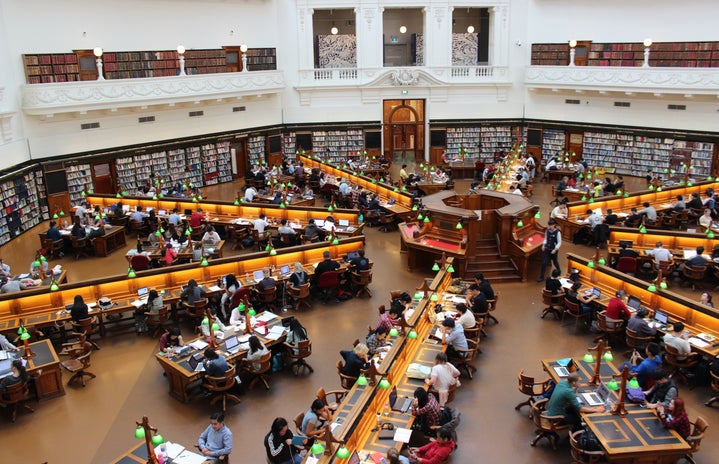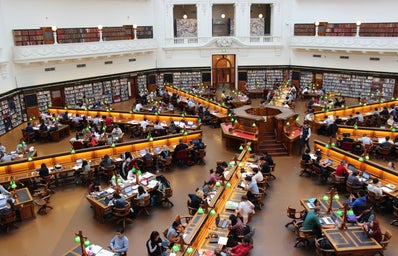It’s not an adjective you get to willingly use if you don’t know what comes with it. It’s not something that you experience for five minutes once every few weeks. It’s not a quirky little thing you get to say when you happen to misspell hippopotomonstrosesquipedaliophobia.
It’s a learning disability.
You don’t get to say you were “a little dyslexic today,” not when you weren’t born with it and can’t be cured. You didn’t have teachers and tutors telling your parents at conferences that you should never take certain classes because you will probably fail them. Yet when you do take them, you actually pass the class. You didn’t have people assuming your ability to do things the minute you were diagnosed. You never were afraid to tell anyone because you were afraid people would think less of you. You didn’t have tutors for years and years not to learn a subject but it just to learn how letters work together. You never were told not to learn a foreign language. You weren’t the little girl looking up to the actress Bella Thorne talking about how she too has dyslexia on Disney Channel only to find everyone at school making fun of her. You didn’t have people at your high school be surprised when you told them that you were going to UC Davis and tell you that they didn’t think you were that smart.
You do not have the right to call yourself “a little dyslexic” when you haven’t gone through the hardships and humiliation.
Image source: Pexels
I was diagnosed with dyslexia when I was 9 years old, and all the things mentioned above are things that I have gone through.
I grew up thinking that being dyslexic was a terrible thing and let the people around me define my worth. I thought I was incapable to achieve and succeed and I let that consume me. I have had my fair share of “So can you read this right now?” moments as they hand me a piece of paper and “Can you drive if you can’t read the signs?” While both those things might be genuine questions people are asking, it’s also insensitive. By asking that you are assuming I have a low general intelligence. Everyone experiences a disability differently.
As I became more accepting of my disability I found out that people like Albert Einstein, Walt Disney, John F. Kennedy, John Lennon, Steven Spielberg, and so many more, all had dyslexia. These are people that were and are well respected and successful in all aspects of life. It may be a disability that involves difficulties with accurate and/or fluent word recognition, spelling and decoding abilities but it does not affect general intelligence. Having dyslexia doesn’t hinder me one bit, yet the rest of the world likes to put people like me in a box.
Being dyslexic, to me, means everything. It’s a gift. I am who I am because of it. I have struggled and worked as hard as I possibly could to prove people wrong. I may think a little differently than the rest but it by no means makes my ideas worthless compared to someone that doesn’t have dyslexia. Image source: Pexels
So the next time you want to say “Oh, Olivia, I felt a little dyslexic today” or “I had a dyslexic moment” think about the people that do have it and all the struggles they have had to deal with to be treated as an equal.



